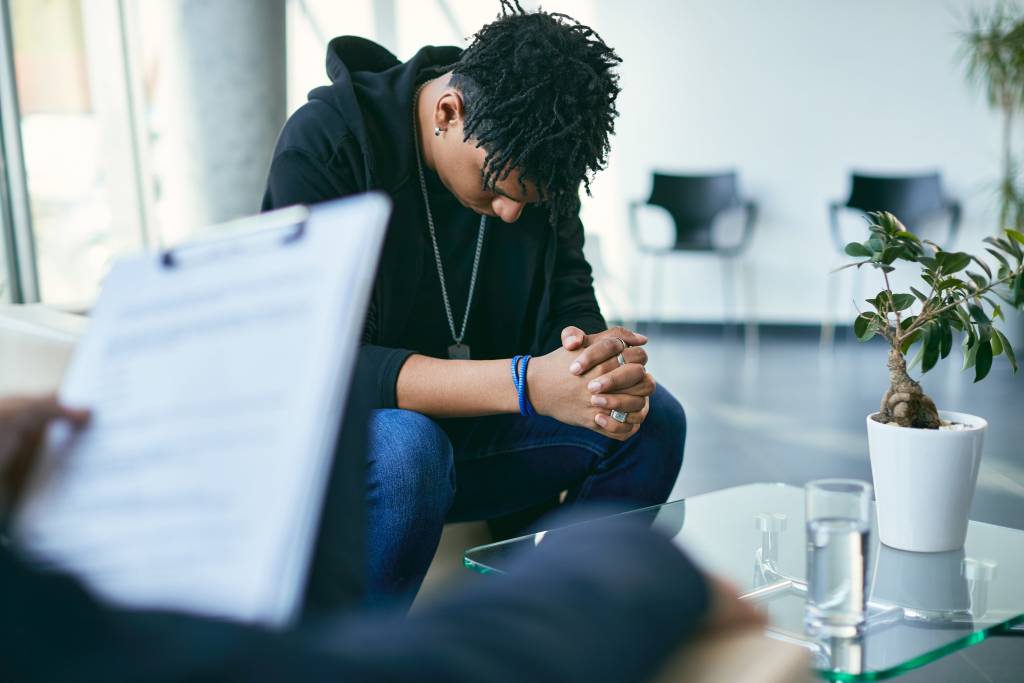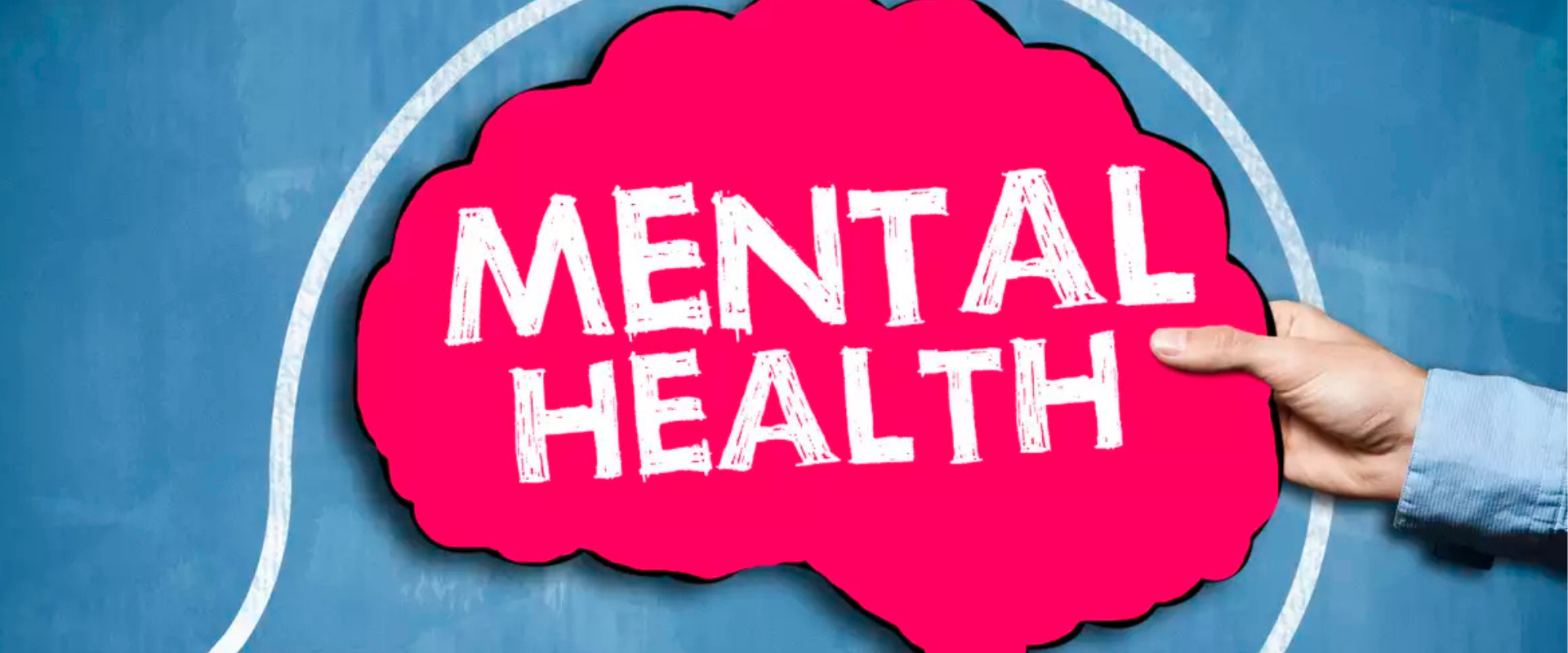Life gets overwhelming sometimes. Whether you’re juggling school, work, relationships, or healing from past experiences, your mental health can take a hit without you even realizing it.
This blog is for anyone who’s felt a little “off” lately—especially teens, young adults, caregivers, or anyone trying to build a healthier headspace. These aren’t generic tips you’ll forget tomorrow. These are real, human-centered advices for mental health, straight from trauma-informed experts, therapists, and community caregivers.
Let’s dive in.
1. Check In With Yourself—Every Day

Sounds simple, but when was the last time you actually paused and asked:
“How am I, really?”
It could be in the mirror, during a walk, or while brushing your teeth. Name how you’re feeling without judgment. Sad? Numb? Stressed? Okay-ish?
Acknowledging your emotions is the first step toward managing them—not ignoring them.
2. Create Little Routines That Feel Safe

Your brain craves stability, especially if you’ve dealt with trauma or unpredictable environments in the past. That’s why trauma-informed care emphasizes structure and consistency.
Try:
- A bedtime ritual (even just turning off your phone 30 mins early)
- Morning stretches
- Drinking water before your first coffee
Tiny routines = small signals to your brain that it’s safe here.
3. Talk to Someone Who Actually Listens

Mental health doesn’t mean you need a full-time therapist right away (though that’s amazing if it’s available). Sometimes, it’s just finding one person who doesn’t try to “fix” you—just hears you.
That could be:
- A friend who’s walked a similar path
- A counselor from a community group care program
- Even an online support group where you feel seen
Talking helps lighten the mental load, especially when someone really gets it.
4. Don’t Wait Until You’re “Falling Apart” to Ask for Help

You don’t need to be in crisis to deserve support. Actually, the best time to build mental strength is when things are calm.
Make a habit of checking in with support systems—before it gets too hard to reach out. Prevention is everything when it comes to long-term mental wellness.
5. Move Your Body in Ways That Feel Good

You’ve heard this one before, but hear it this way:
We’re not talking about intense gym sessions or hitting 10K steps. Just move in a way that makes you feel present.
Try:
- A walk around the block
- Dancing in your room
- Light yoga before bed
Movement helps regulate emotions, especially for people healing from trauma.
6. Protect Your Energy Like It’s Your Phone Battery

You wouldn’t scroll all day without charging your phone, right? Your emotional energy works the same way.
Set boundaries where you need to:
- Say “no” when you mean it
- Step back from toxic friends or online spaces
- Block or mute when necessary—it’s not rude, it’s protective
Boundaries are a form of trauma-informed care—they prevent burnout before it starts.
7. Write It Out—Even If It’s Just for You

You don’t have to be a writer to keep a journal. Just jotting down your thoughts, feelings, or even angry rants can help clear mental clutter.
Try prompts like:
- “Today felt heavy because…”
- “What I wish someone understood is…”
- “Here’s what I need right now…”
Writing gives you a voice, especially on days when speaking feels too hard.
8. Let Go of the “Shoulds”

“I should be over this by now.”
“I should be more grateful.”
“I should just get it together.”
Sound familiar?
These thoughts aren’t helpful—they’re heavy. Experts agree that healing doesn’t follow a neat timeline. Be where you are, not where you think you should be. You’re not behind. You’re on your path.
9. Surround Yourself With Healing Spaces

Healing happens faster when you’re not doing it alone. This could look like:
- Joining a community group care circle
- Visiting safe public spaces like libraries or wellness hubs
- Following mental health educators on social media (and muting the noise)
What you surround yourself with matters just as much as what’s inside your head.
10. Celebrate the Small Wins

We’re often too hard on ourselves. If you got out of bed, made that call, opened up to someone, or even just survived a hard day—you did something big.
Start noticing and naming your little wins.
They add up to something stronger than you realize.
Final Words: You’re Not Broken, You’re Becoming
Mental health isn’t about “fixing” yourself. It’s about learning what helps you feel more like you again. These advices for mental health aren’t quick fixes—they’re tools to support you, one small step at a time.
Whether you’re navigating trauma, feeling disconnected, or just looking for a better way to take care of yourself—you’re not alone. And there’s help out there that feels human, not clinical.
Keep going. You’re doing better than you think.
FAQs (For Featured Snippet Optimization)
1. What are the best expert tips for mental health?
Start with checking in with yourself, building small routines, setting boundaries, and talking to someone who truly listens.
2. What is trauma-informed care?
Trauma-informed care focuses on understanding, recognizing, and responding to the effects of trauma—while creating emotionally safe environments.
3. How does community group care help with mental health?
Community group care offers structured, supportive spaces where individuals can heal together, share stories, and receive personalized guidance.
4. Why are routines helpful for mental wellness?
Routines create safety and predictability for the brain, especially in individuals recovering from stress or trauma.


